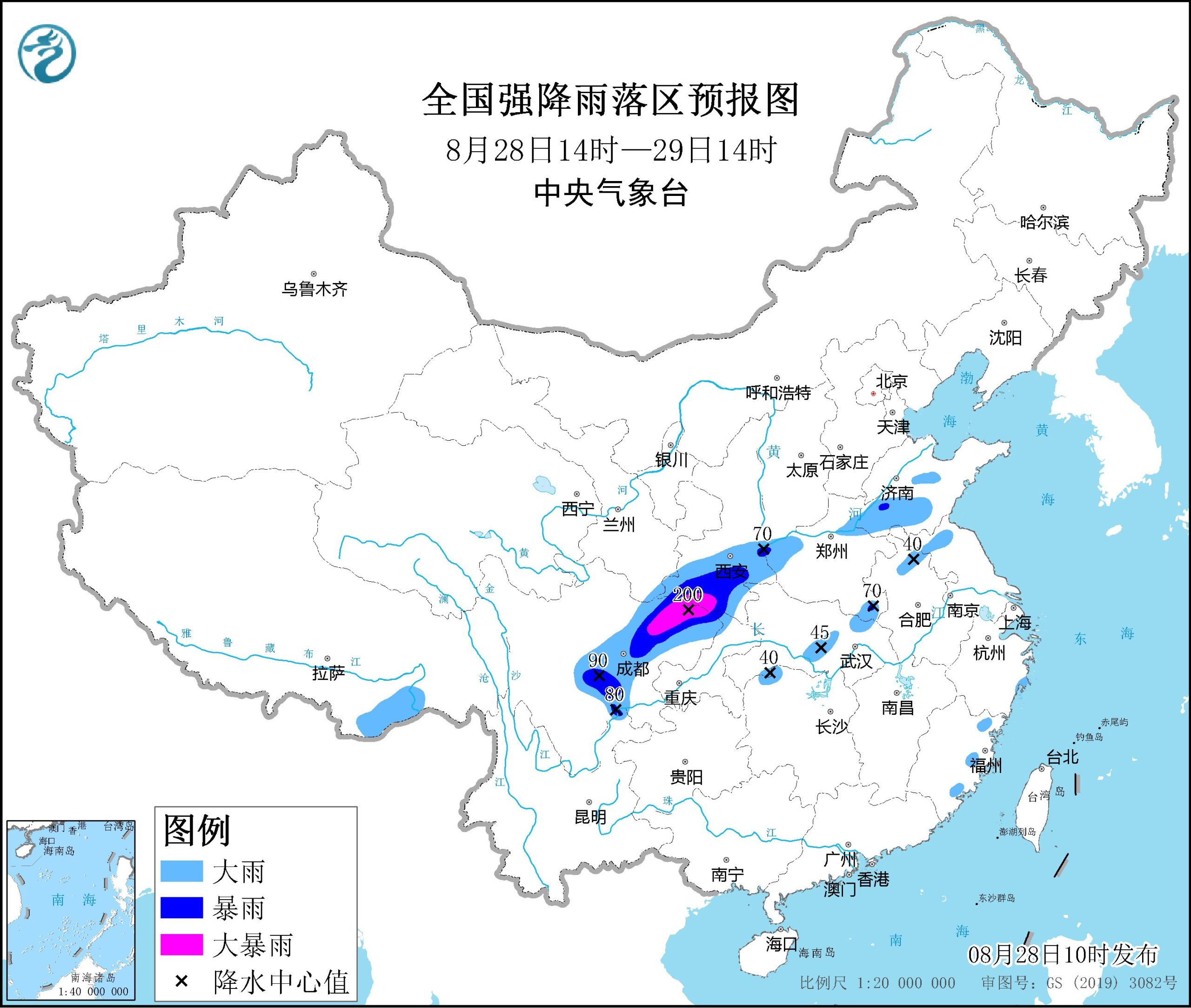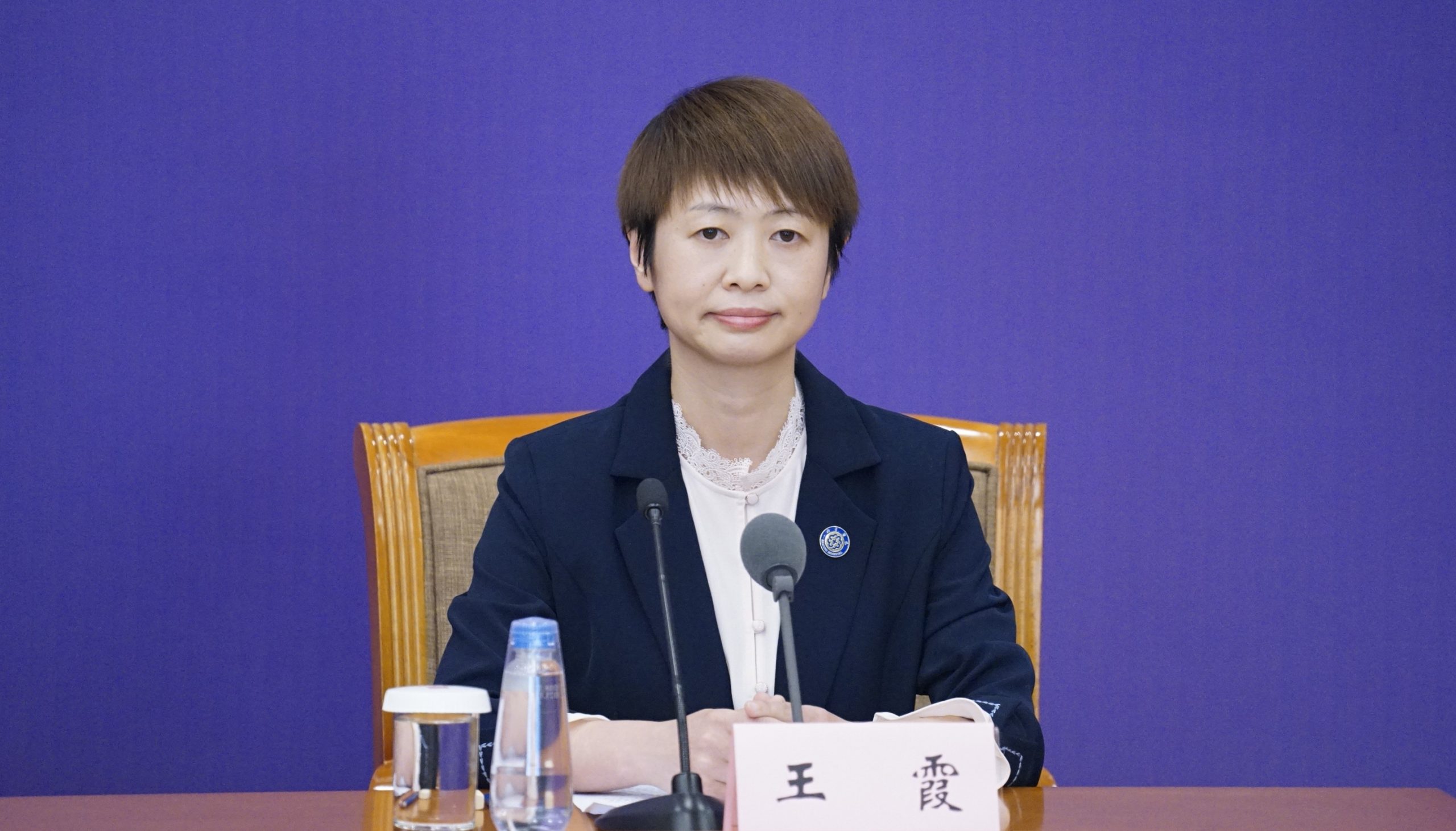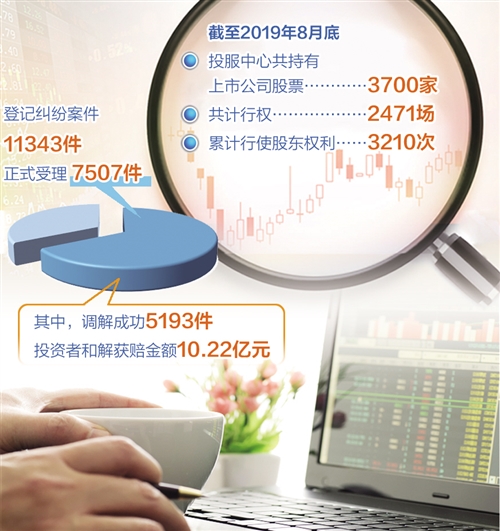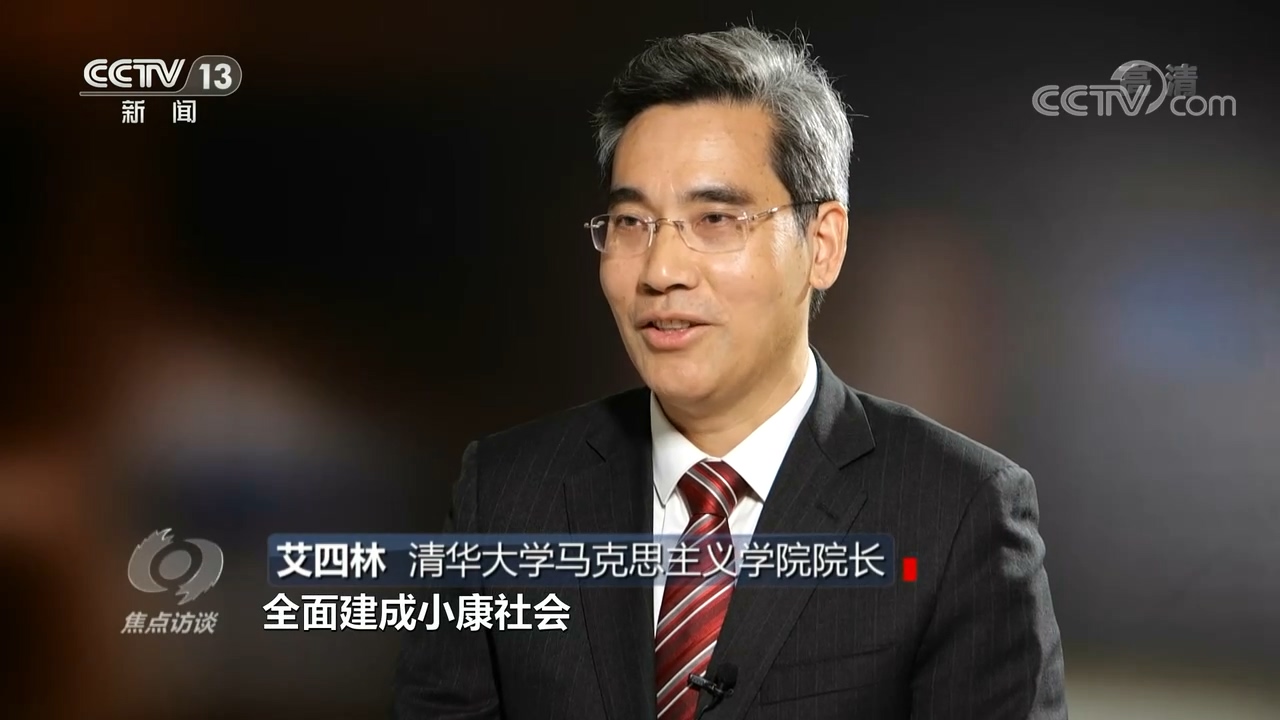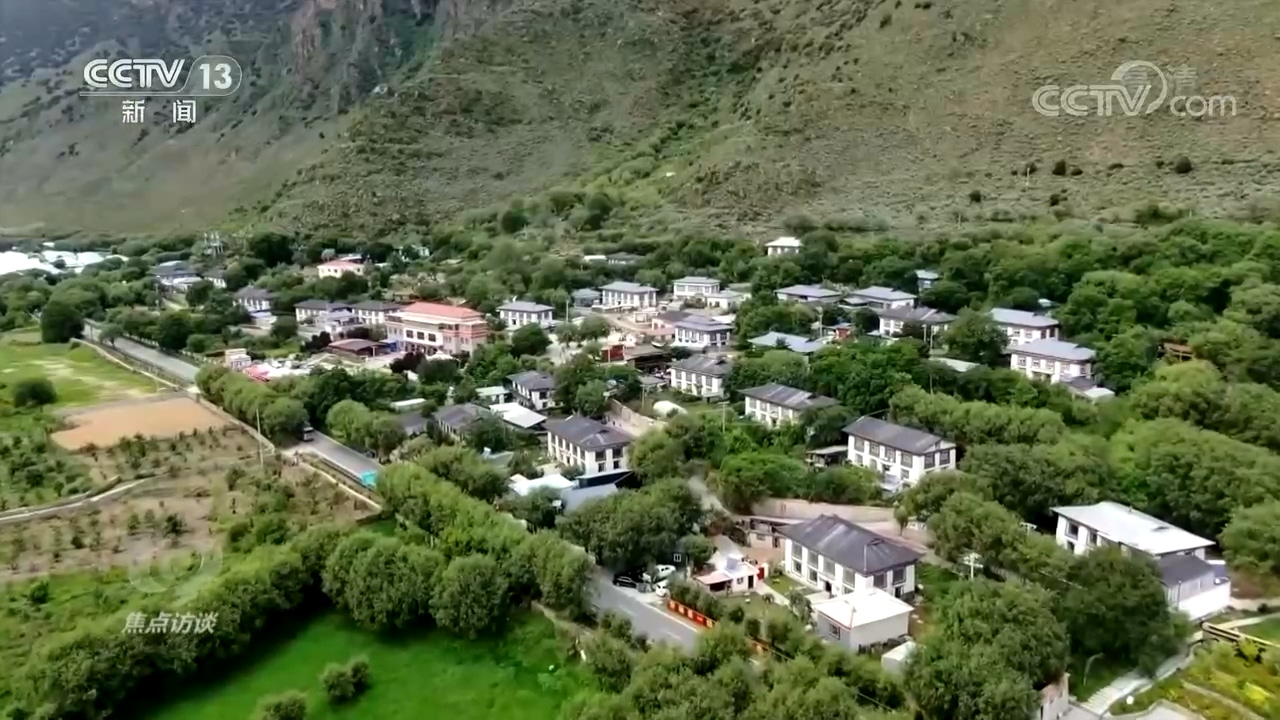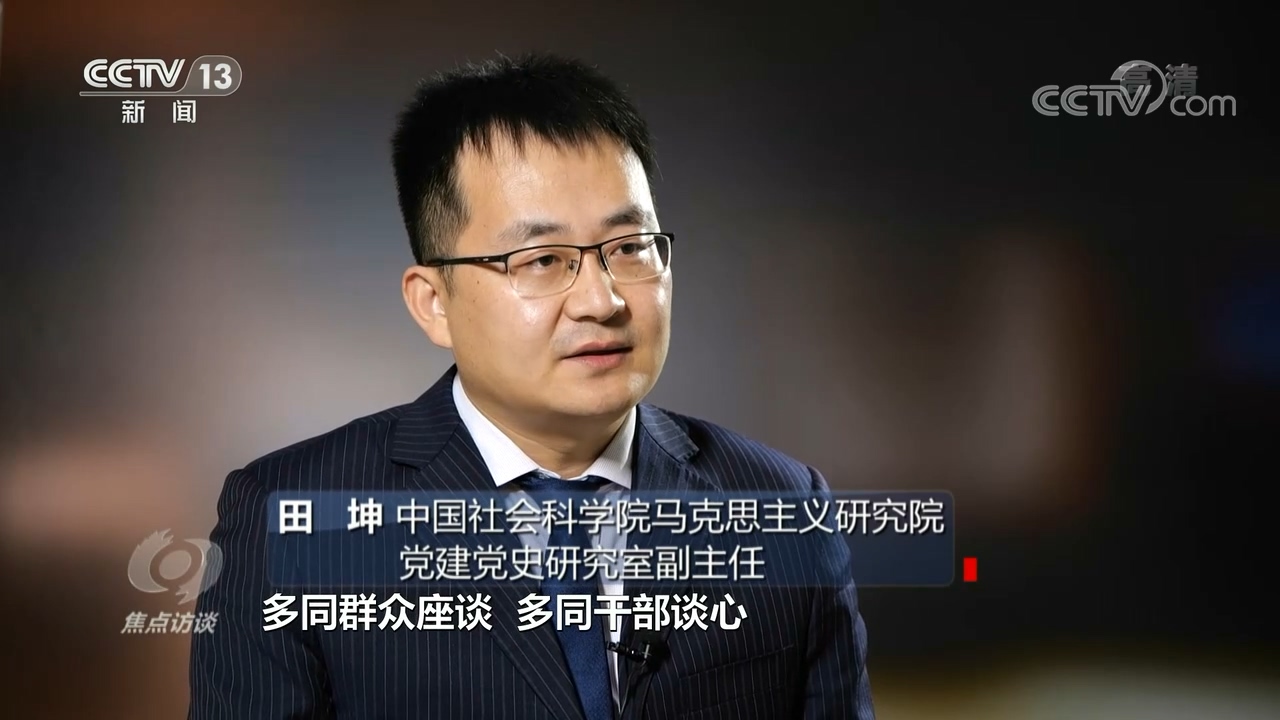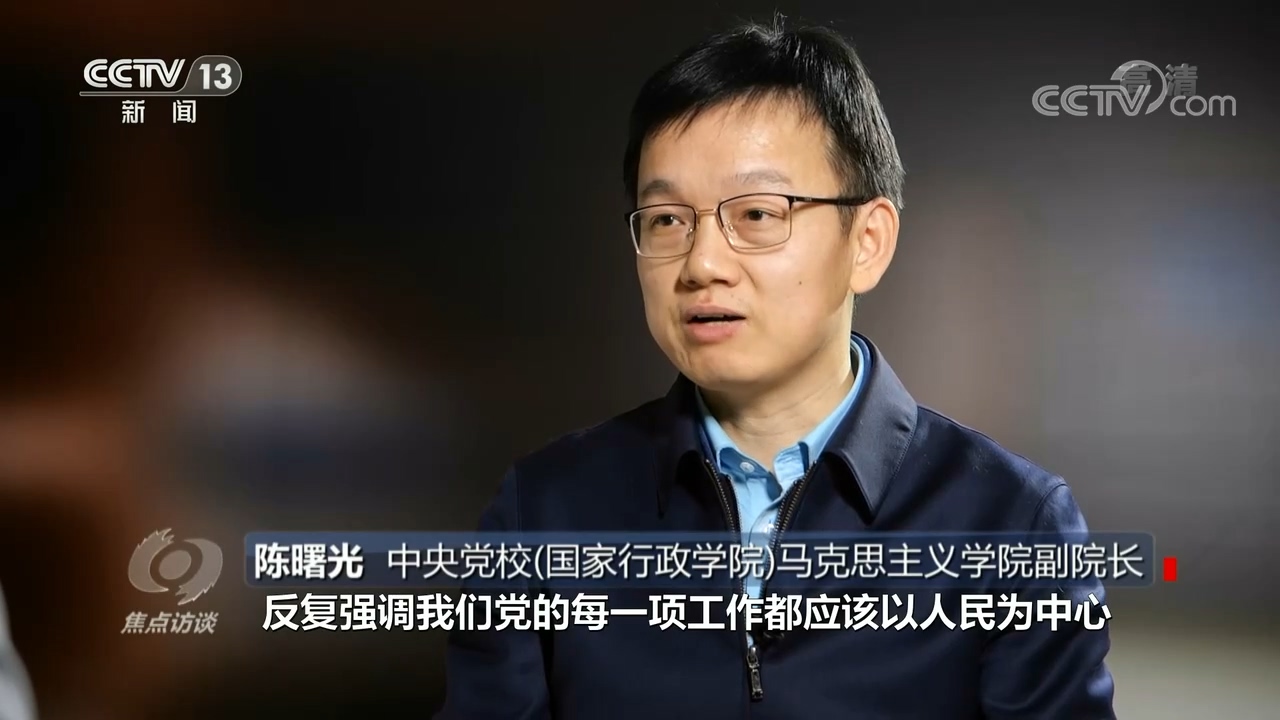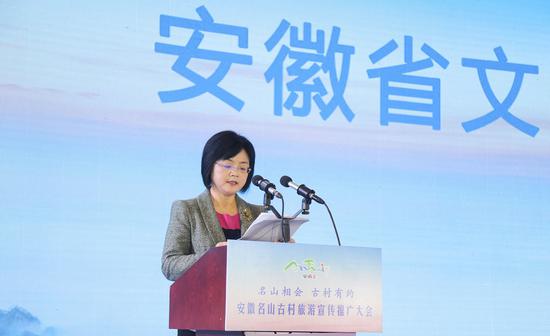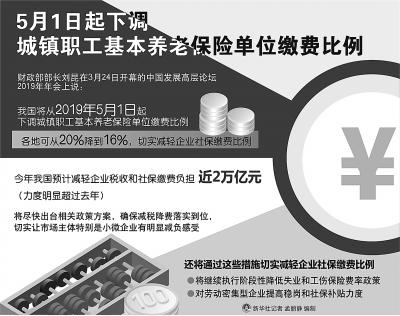
From May 1st, China will reduce the proportion of urban workers’ pension insurance rates, which is expected to reduce the social security payment burden of enterprises by more than 300 billion yuan in 2019. However, the shortage of social security funds in China has been a hot topic of social concern in recent years. On April 10th, the China Academy of Social Sciences World Social Security Research Center released the "China Pension Actuarial Report 2019-2050", which even predicted that from 2019 to 2050, the current balance of the national urban enterprise employees’ basic old-age insurance fund will begin to accelerate diving after barely maintaining a positive number for several years, and the deficit scale will become larger and larger. By 2028, the current balance will be negative for the first time, reaching negative 118.13 billion yuan, and finally by 2050, the current balance may reach negative 11.28 trillion yuan.
In the case of such a tight fund, the state still reduces the old-age insurance rate for urban workers. People can’t help worrying that pensions are already so tight, and they have to pay less. Can pensions be paid after retirement?
Social security rates have fallen for five consecutive years, and enterprises still shout that the burden is heavy.
In recent years, "China’s social insurance rate is the highest in the world" has been frequently reported in newspapers. Although the official response is that "the level of social insurance premium in one country cannot be simply compared among countries", it is an indisputable fact that the social security burden of enterprises and employees in China is too heavy. Before 2015, the contribution ratio of five social security items in China, including pension, medical care, unemployment, work injury and maternity, was 29.8% for enterprises and 11% for individuals, which together exceeded 40% of wages. Most workers are used to measuring their salary level according to the after-tax standard. Based on the monthly salary of 4,000 yuan, the actual cost of the enterprise is more than 7,400 yuan, except taxes and fees, provident fund, etc., a large part of which are social security contributions. In order to reduce the social security burden, many enterprises will make some small moves in private when reporting the social security payment base to the social security department, and "low payment" has even become an open secret of the industry. Although this can temporarily play the role of paying less, it will also lead to the reduction of social security benefits for future employees.
In order to reduce the social security burden of enterprises and individuals, since 2015, the state has reduced or phased down the social security rate five times. For example, provinces (autonomous regions and municipalities) whose unit contribution ratio is 20% and whose accumulated fund balance can be paid for more than 9 months can reduce the unit contribution ratio to 19% in stages; The total rate of unemployment insurance can be reduced to 1% to 1.5% in stages. It is estimated that the current phased rate reduction policy will expire on April 30 this year, which will reduce the social security payment burden of enterprises by nearly 500 billion yuan. However, even so, these fee reductions of only one or two percentage points still make enterprises feel "not quenching their thirst". In particular, the "Reform Plan for the Collection and Management System of National Taxation and Local Taxation" promulgated last year proposed that social security would be collected by the tax authorities in a unified way, and it would be very difficult to pay social security at a low level, which means the arrival of the era of social security compliance. As soon as the news came out, it immediately caused an uproar, and enterprises were worried that labor costs would increase substantially. As a result, the voice of social security fee reduction is getting louder and louder.
The payment base of old-age insurance at reduced rate has also been adjusted.
The "Proposal" issued this time proposes to reduce the contribution ratio of basic old-age insurance units for urban employees, which can be reduced to 16% in provinces above 16%; Continue to reduce unemployment insurance and industrial injury insurance rates in stages, and extend the current phased rate reduction policy for another year until April 30, 2020; Adjust the social security payment base policy, and take the average wage of employees in full-caliber urban units weighted by the average wage of employees in urban non-private units and urban private units as the index for checking the upper and lower limits of the employee payment base. Individual industrial and commercial households and flexible employees can voluntarily choose an appropriate payment base within a certain range.
In addition to reducing the rate, the "Program" also adjusted the payment base policy. According to the Ministry of Human Resources and Social Security, the main consideration of this change is that the average wage of employees in full-caliber urban units can more reasonably reflect the actual average wage level of insured persons than the average wage of employees in non-private units stipulated in the original policy, so as to verify the upper and lower limits of individual payment base. The payment base of employees with lower wages can be reduced accordingly and the payment burden can be reduced. Some enterprises, especially some small and micro enterprises or labor-intensive enterprises, many employees pay according to the lower limit of the payment base, and the burden of enterprise payment can be further reduced, which can benefit more.
For example, suppose that the average wage of employees in non-private units in a certain area is 6,000 yuan, and the lower limit of the original individual contribution base is 3,600 yuan. If the monthly salary of an employee is 3,000 yuan, the payment amount should be calculated according to the lower limit of the contribution base of 3,600 yuan. After the adjustment of calculation caliber, the average wage of employees in full-caliber urban units is 5,000 yuan, and the lower limit of individual payment base is correspondingly reduced to 3,000 yuan, so the employee can calculate the payment amount according to 3,000 yuan. By comparison, the monthly payment base is reduced by 600 yuan, the proportion of individual payment is 8%, and the monthly payment burden is correspondingly reduced in 48 yuan. If the enterprise determines the unit payment base based on the sum of individual payment bases, the monthly payment base of the enterprise will also be reduced by 600 yuan, and the payment burden can be further reduced.
For individual industrial and commercial households and flexible employees, after the policy adjustment, not only the average salary is adjusted, the standard is lowered, but also the range of choices is enlarged. Choosing a low base can further reduce the burden of payment, and people with higher incomes can also choose a higher base of payment to improve their retirement pension level. For example, according to the above example, if the employee is employed flexibly, the monthly payment base can be changed from 6,000 yuan to the lower limit of 3,000 yuan, then the monthly payment base will be reduced by 3,000 yuan, and the monthly payment burden will be reduced accordingly in 600 yuan.
Increasing accumulated balance will not cause payment risk.
Due to the aging of the population, China’s pension insurance funds are facing increasing payment pressure, and the increase in expenditure is higher than the increase in income. Even in some provinces, the current income is not enough, and the risk of fund "bottoming out" is increasingly prominent. The policy introduced this time will reduce the contribution of endowment insurance by 3 percentage points, and the income of endowment insurance funds will definitely decrease, and the funds that are not well-off will inevitably be more nervous. After reducing the old-age insurance rate, whether the old people’s pensions will be affected and whether they can receive full pensions has become the most concerned issue for the insured.
In this regard, Yu Jun, deputy director of the Ministry of Human Resources and Social Security, said that lowering the pension insurance rate will effectively reduce the burden of social security contributions of enterprises, but it will indeed reduce the income of pension funds and increase the pressure on fund revenue and expenditure. However, the overall income of the national pension fund exceeds the expenditure, and the accumulated balance continues to increase. Overall, it will not cause the risk of pension payment and will not affect the timely and full payment of pensions. According to the statistics of the latest annual report, in 2018, the income of the basic endowment insurance fund for enterprise employees was 3.7 trillion yuan, and the expenditure was 3.2 trillion yuan. At the end of 2018, the accumulated balance of the fund was about 4.8 trillion yuan, which has strong support capacity. According to estimates, after the fee reduction, the current balance of payments can still be maintained for some time to come. While ensuring the payment, with the economic and social development, the state will continue to raise the pension level of retirees. At present, Ministry of Human Resources and Social Security and the Ministry of Finance are organizing and implementing the annual adjustment of the basic pension in 2019 according to the deployment of the State Council, which is the 15th consecutive year to raise the basic pension level of enterprise retirees. The overall increase rate this year is 5%, and it is estimated that about 100 million enterprise retirees will benefit.
The central government adjusted 600 billion yuan to solve the problem of regional distribution
Judging from the balance of the fund, there is also an obvious "inequality between the rich and the poor" in various places. Heilongjiang, Liaoning, Hebei, Jilin, Inner Mongolia, Hubei, and Qinghai have already experienced the situation that the current income cannot meet the expenditure. In 2016, the endowment insurance for enterprise employees in Heilongjiang Province even had a "debt" of 23.2 billion yuan. The endowment insurance funds in these provinces are already facing deficits. Now, isn’t it "forced" to lower the rates? Regarding this issue, You Jun said that this is a structural problem of the old-age insurance system. In 2018, the income of China’s enterprise employee pension insurance fund was 3.7 trillion yuan, the expenditure was 3.2 trillion yuan, and the accumulated balance was about 4.8 trillion yuan. However, structural problems do exist. Guangdong’s current income far exceeds its expenditure, with a current balance of nearly 170 billion yuan. However, the fund income in some areas is far lower than the expenditure, including Heilongjiang Province. This is mainly due to the rapid economic development in Guangdong Province, the large number of enterprises, and the absorption of more labor. The ratio of employees who pay insurance contributions to pensioners is 9 to 1. In Heilongjiang Province, because of the heavy burden of the old industrial base, there are many retirees, and the dependency ratio is 1.3 to 1, that is, 1.3 people support one person, so the burden of endowment insurance is naturally heavy, which leads to the fund’s income failing to meet its expenses.
"We also considered this time when we reduced the fees. Although individual provinces can’t make ends meet when the rate is 20%, if we don’t reduce the rate, the payment burden of enterprises will be difficult to come down, and the operating costs will be high, which will not attract enterprise investment and absorb more labor. The problem of dependency ratio will never be solved, and it is difficult to escape such a vicious circle. This time, we hope that the local endowment insurance fund will be reduced to 16% regardless of whether the income exceeds the expenditure or the expenditure exceeds the income, which is conducive to the formation of a level playing field. Of course, the specific proportion is still determined by the provinces, which is consistent with the main responsibility of the provincial government to ensure the issuance of pensions. We will intensify the central adjustment of funds. In the second half of last year, the adjustment system started, and the adjustment ratio was 3%. The total amount of funds adjusted reached more than 240 billion yuan, and developed regions or places with fund balances provided about 61 billion yuan to support difficult areas. This year, our adjustment ratio will reach 3.5%. It is estimated that the annual adjustment scale will be more than 600 billion yuan, and the actual support for difficult areas will be about 160 billion yuan, which can greatly help these areas solve the problem of pension payment. " You jun said.
Our reporter Dai Lili
